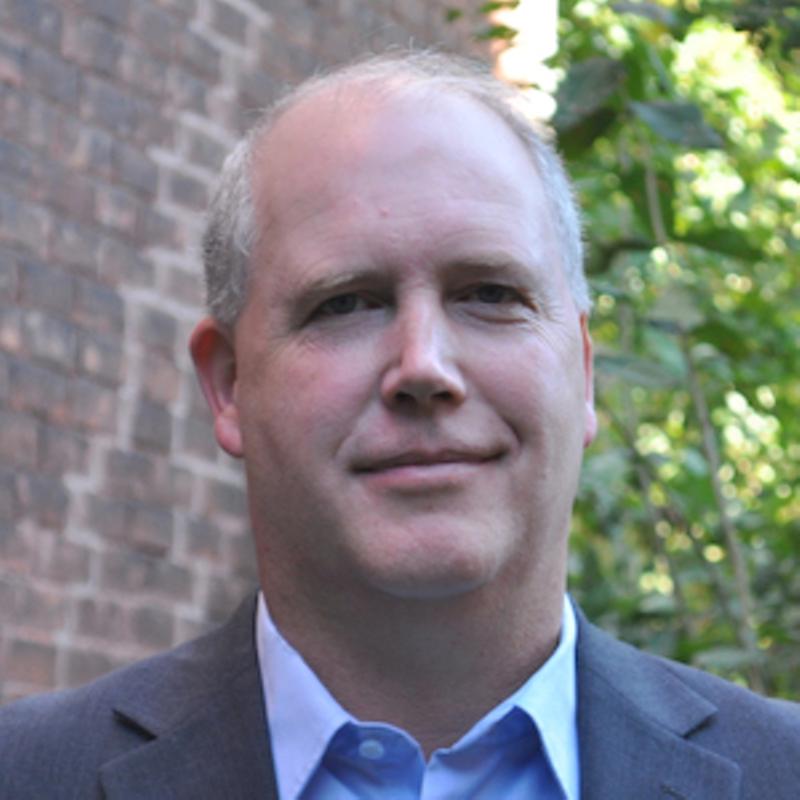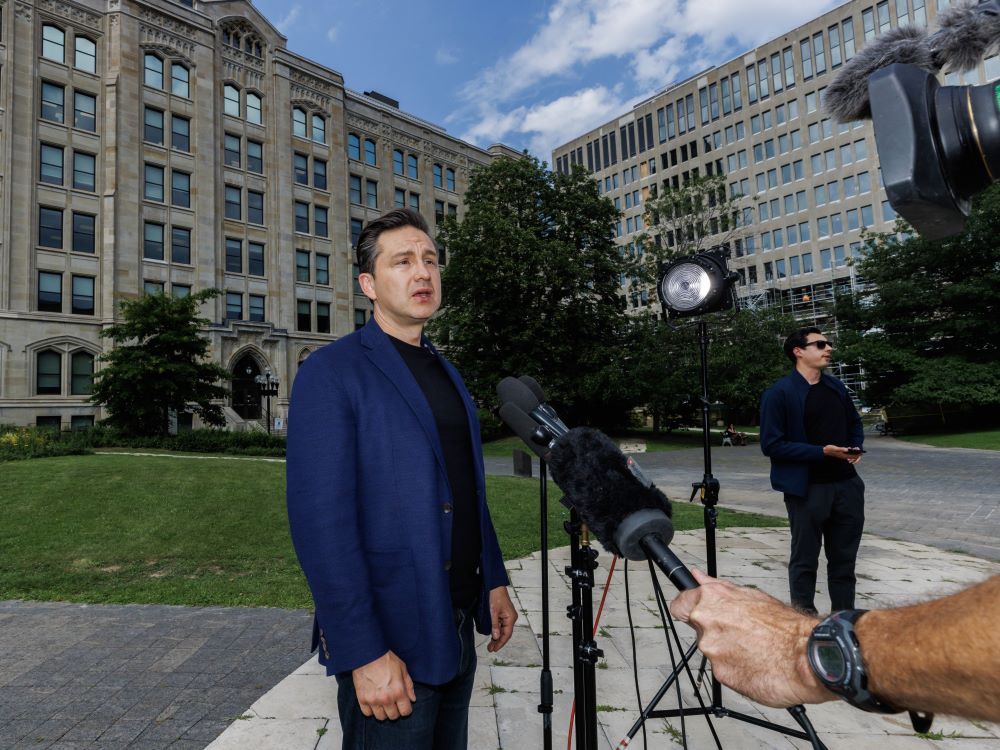Just days before the 2006 election Stephen Harper made an extraordinary statement. Seeking to assure Canadians a potential Conservative majority government would be restrained from accruing “absolute power,” Harper submitted that his party would face “limits” because of “checks,” naming specifically courts, civil servants and the Senate.
His words would prove prescient. The majority government Harper’s party eventually formed in 2011 was held accountable by various democratic actors and lost 15 significant court cases, mostly for violations of the Charter of Rights and Freedoms. The assurance was justified.
Current Conservative Leader Pierre Poilievre is offering no such assurance. In fact, he is doing the opposite; just this week Poilievre offered encouragement to protesters promoting extreme positions on the purpose of government.
This raises the stakes of the next election as Poilievre’s politics represent a radical departure from the norms of Canadian decency, decorum and democracy.
Mocking Canada’s institutions
Consider, in the past two years Poilievre has vilified political leaders, academics and private citizens he disagrees with, exhibited open hostility toward journalists and engaged in anti-trans rhetoric.
He has attacked the legitimacy of the Senate, mocked government regulators and responded with insolence to rulings from the Speaker in the House of Commons.
Poilievre championed the foreign-influenced “freedom convoy” insurrection, has bluntly criticized court decisions and promised to lead the first federal government to invoke the notwithstanding clause to override the Charter. He has promoted falsehoods about important public policy issues, frequently shared conspiracy theories and vigorously defended a far-right media organization.
Demonizing opponents, intimidating journalists, disrespecting institutions, politicizing the rights of the vulnerable and undermining truth are warning signs for democratic erosion.
Media’s minimizers
Much of the current political narrative is minimizing such concerns, justifying Poilievre’s polling popularity as part of the normal course of politics.
This is Canadian exceptionalism at its worst.
Canadians observing the rising threat to democracy in America and elsewhere — Argentina, Ireland, Italy, Hungary and India, to name a few — will note common themes.
Citizens struggling with economic anxiety, social uncertainty and health vulnerability driven, in part, by income inequality, climate change and repercussions of a global pandemic are losing faith in civic institutions.
In Canada, this has manifested in a movement researchers Frank Graves and Jess Smith call northern populism. Northern, or ordered, populism stems from the idea that power must be seized from an ambiguous “elite” and given to the “people.”
Poilievre has adopted this rhetoric; his trumpeting of the “common people” is eerily similar to what academic Rob Goodman calls the “real people principle” — a dangerously divisive pretext for defining which members of society belong.
In so doing, Poilievre is following a broader populist script, complete with apocalyptic descriptions of society, dubious targets to blame and claims of “I am the only one” who can fix things.
New threats to democracy
Poilievre’s political rise coincides with — and benefits from — an explosion of borderless online disinformation and a discourse increasingly influenced by foreign dark money-funded think tanks agitating to severely weaken the capacity of government to respond to citizens’ needs.
These developments are diminishing social solidarity and deepening risks to liberal democracy.
Threats to democracy today need not mirror threats of the past to be credible. Nor does undermining democratic norms require an ideology; the defence of greed is sufficient.
Civic and social well-being are intrinsically linked. In the words of 19th-century Canadian politician Louis-Hippolyte LaFontaine, “In addition to social equality, we must possess political liberty. Deprived of the latter, we might renounce all hope for the future.”
Poilievre’s opposition to policies sustaining and expanding fairness undermines his vociferous championing of “freedom.”
So, too, does his legislative record.
As a minister in the Harper government, Poilievre introduced the Fair Elections Act, a law opponents warned curtailed voting rights. When then chief electoral officer Marc Mayrand raised concerns, Poilievre personally attacked him and impugned his motives. The act was replaced by the Justin Trudeau government but Poilievre has continued to denigrate Elections Canada.
The need to push back
With 18 months until the next election, it is time to heed the warning signs.
While commentators continue analyzing politics as normal, Poilievre is winning praise from some of the world’s most prominent purveyors of disinformation and division.
It is a political landscape American essayist Adam Gopnik, who spent his formative years in Montreal, recently referred to as “shocking” and “un-Canadian.”
A counter-campaign is urgently required.
Now is the time for historians and democracy experts to articulate the risks. For civil society organizations and labour unions to mobilize their members. For wealthy progressives to fund alternatives to dark money-supported think tanks. For activists to refuse to be bullied from the civic square.
For Canadians concerned with the trajectory of our politics to resist giving in to despair.
Academic Mark Kingwell emphasizes that civility — defined as engagement in the public discourse — is “the first virtue of citizens.”
The guarding of our democracy demands the renewal of Canadian civility. ![]()
Read more: Federal Politics
















Tyee Commenting Guidelines
Comments that violate guidelines risk being deleted, and violations may result in a temporary or permanent user ban. Maintain the spirit of good conversation to stay in the discussion and be patient with moderators. Comments are reviewed regularly but not in real time.
Do:
Do not: